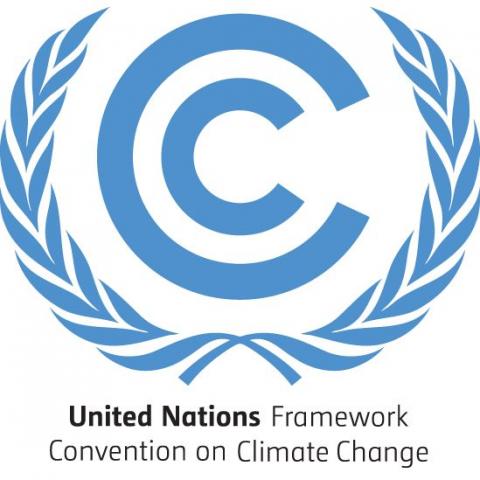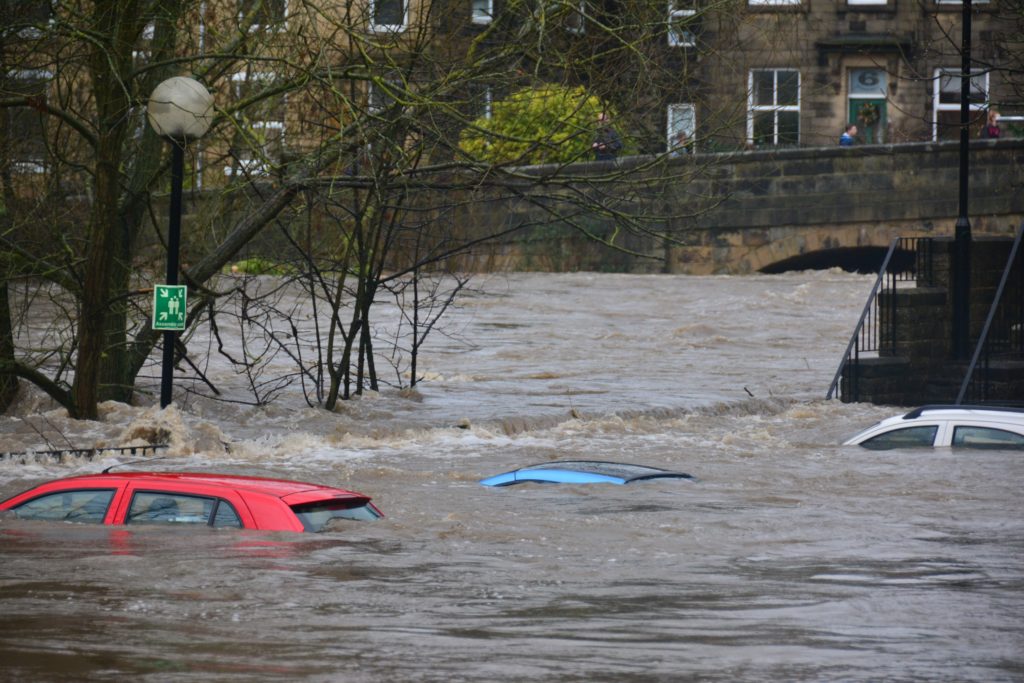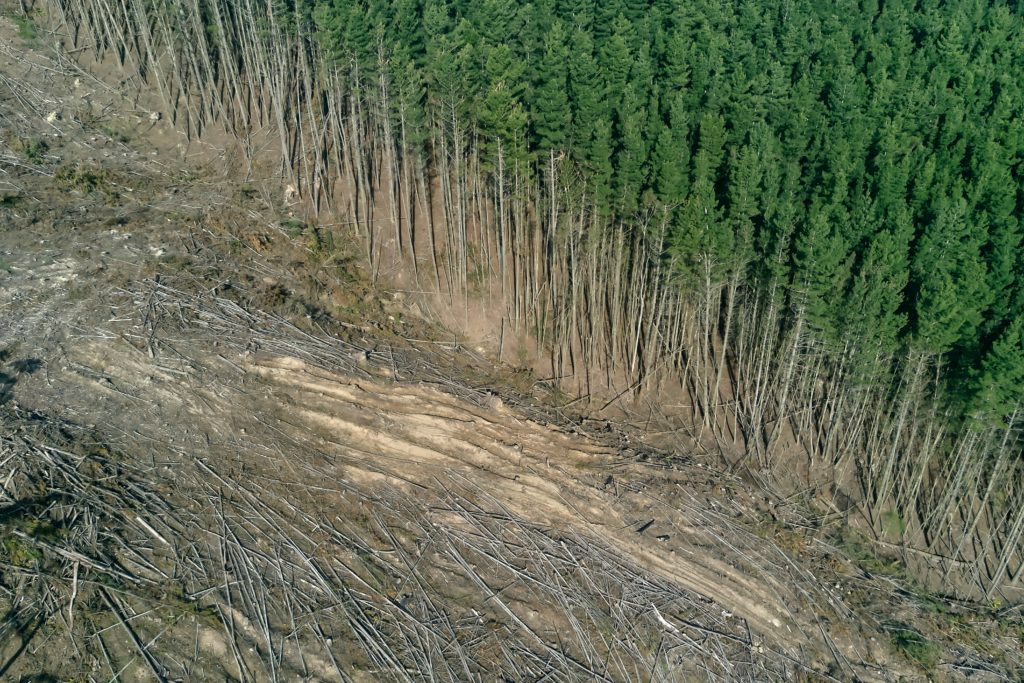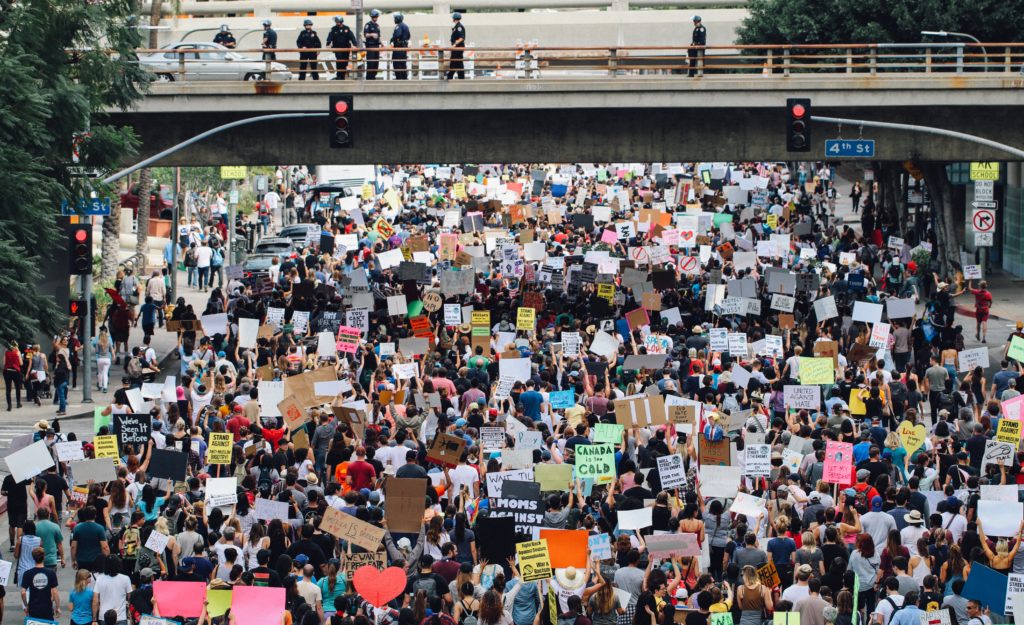(Pour la version française, veuillez cliquer ici.)

We need transformational change of our technology, economics and society in order to avoid extreme global temperature rise and we need it now.
The UN has recently said that individual countries’ Climate Action Plans for the up-coming COP26 conference in Glasgow are not fit for purpose. They fall far short of what the science (see my article on The Science of Climate Change) says is required to limit a temperature rise by the end of the century to 2 degrees Centigrade, let alone the desired objective of 1.5 degrees Centigrade.
Why?
Already, in recent times we have had extreme heatwaves, forest fires, droughts and floods across the world. This is a strong indication that much more needs to be done and soon to combat Climate Change and to keep the rise in temperature as low as possible.
Many of us struggle to know what we, as individuals, can do in a situation like this. We feel we are only one person against the might of uncaring governments, greedy multinational organisations, fossil fuel companies (that seem endlessly to be seeking new opportunities for drilling), not to mention the apparent lethargy of people round about us.
Can we make a difference at this stage?

I believe very strongly that we are NOT powerless, particularly if we work together.
It is clear that the situation is urgent and needs drastic action. However our actions can still make a difference and we can move towards a better and more just world for everybody. If we change.
I also believe at this moment in time that small changes are not enough. We need to make our voices heard and to ensure our governments do what is required of them.

What CAN individuals do?
There are of course all the normal things that we can and should be doing on a daily basis. Here is an article that gives some actions we can take.
But the small things are not enough!
David Attenborough in his latest film Life on our Planet talks about how humanity’s wanton destruction of nature will render the planet totally degraded, barren and uninhabitable for millions of people. As a result, this will lead to huge numbers of refugees and chaos over land-use and resources.

That is not what I want for my grandchildren.
- We need to change the nature of our societies and we need to do it now.
- We cannot rely on others to act.
- We must act both individually and with groups of like-minded people.
What are the big things we can do?
Food Waste
Reducing food waste would seriously cut down on our carbon emissions. Changes in our menu planning and food purchases can make a big difference. See this article produced by the UN.
Deforestation
Much of the world’s deforestation is down to our meat eating habits as the forests are cleared for cattle-raising. Cutting down on our consumption, becoming vegetarian or even vegan is a great way to help save the world’s forests. See this Greenpeace article on why meat is bad for the environment.
Use of Fossil Fuels
These fuels – Oil, Gas and Coal – are what is causing the problems and they are everywhere in our daily lives.
As individuals we can:
- Travel more by public transport, cycle or walk whenever possible or at least car share if we have to drive. Buy an electric car if you can afford it and run the old car into the ground rather than buy a new one.
- Choose our electricity provider on the basis of how much renewable energy they use.
- Give up flying or at least keep it for a special occasion.
- Buy less stuff – especially “ quick turnover” fashion.
- Stop buying water or fizzy drinks in plastic bottles.
- Divest our pensions from Fossil Fuels.
For the world to have a chance of keeping a global temperature rise to 1.5 degrees centigrade the vast majority of coal, oil and gas needs to stay in the ground. So by not investing in fossil fuel organisations it becomes much more difficult for them to function as before.

What is the most important thing we can do?
ACT, ACT, ACT
Learn about Climate Change and all the other issues affecting our world so that you understand the severity of the situation and are willing to take action.
Talk to your family, friends and neighbours about the situation. Help them to understand.
Join with other people to protest when governments and large organisations are not doing enough to tackle Climate Change. (They are not). Join Greenpeace or 350.org or WWF or anybody who is speaking out. Organisers of COP25 in Paris in 2015 said they would not have come out with even the deal they got without the protesters who came from all over the world to make their feelings known.
March with these organisations so that governments really know we are not happy about what they are doing.
Write letters and sign petitions –this really can work. The European Central Bank has recently said it will no longer fund Fossil Fuel Companies and their fuel energy projects. The 700,000 letters they received helped them make this decision. Give the British Government a hard time on the coal mine they are threatening to open in the north of England or the oil and gas exploration they are allowing in the North Sea. They are already having to think again.
Think how you can boycott Australia, Brazil, China and Russia who have energy policies that will lead to huge global temperature increases. See this Guardian article.
Finally, make as big a fuss as you can about government failures to do what they say they will do on the Climate front. Write letters to the leader of your country and keep writing them. Fund organisations that are pressurizing the government. Publicly state you will not go to museums or shows that are funded by Fossil Fuel companies. Support MPs that stand up to their governments. Get together with friends to make a noise about government failures.
